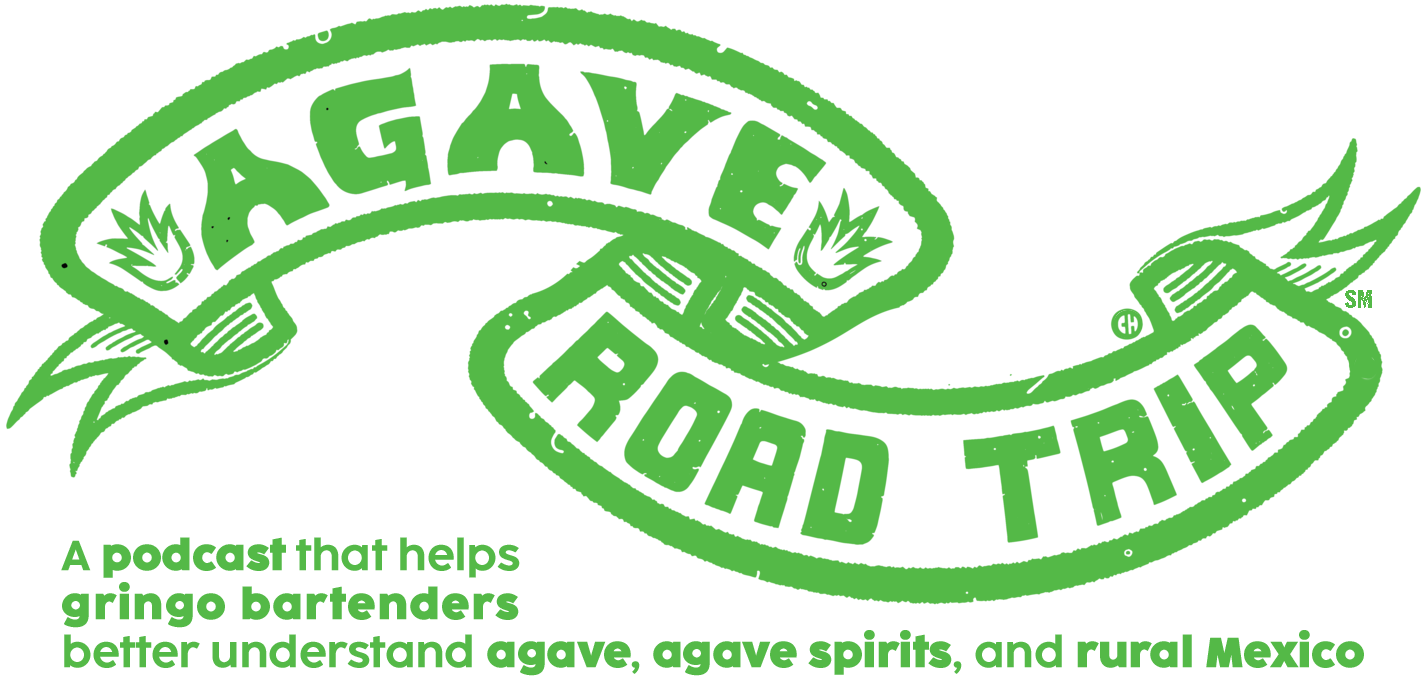Is anything sustainable? (Sustainability miniseries, part 2 of 3)
Last week we bickered about whether or not mezcal is sustainable. But maybe the bigger and more important question is, is anything sustainable? We get bleak in this episode of Agave Road Trip!
Agave Road Trip is a critically acclaimed, award-winning podcast that helps gringx bartenders better understand agave, agave spirits, and rural Mexico. It’s hosted by Lou Bank and Chava Periban.
Episode Notes
In case you wonder what we mean by “sustainable”: Sustainability is ability to maintain or support a process over time. Sustainability is often broken into three core concepts: economic, environmental, and social. Many businesses and governments have committed to sustainable goals, such as reducing their environmental footprints and conserving resources. From investopedia.
To read the story from Seven-fifty Daily featuring Appalachian Gap, click here.
“The US rights to the Mexican beer brands Corona, Modelo, Victoria, and Pacífico are owned by Constellation Brands, the largest beer import company in the United States. Since the company bought the Mexican brands in 2013, Constellation has had its sights set on Mexicali, located in the Mexican state of Baja California, for its $1.5 billion new brewery complex, slated to make more than 132 million gallons of beer a year. It takes about 20 gallons of water to make a pint of beer (Alter 2009), and Constellation predicts it will use 396 million gallons annually, “the same amount it would take to supply more than 14,000 people with running water” (Philpott 2018). Currently, 300,000 Baja Californians live without regular access to water and nearly 6% of households lack running water.” To read the full study from the University of Texas, click here.
“Here in Puebla, in the center of the country, most residents only receive water twice a week for 15 minutes at a time, forcing us to severely ration water use. A new Heineken factory, currently being built 15 minutes from the city center, will make that even worse. The company is taking water directly from the domestic pipe network, rather than the industrial water supply, as laws mandate.” To read the full story from Toward Freedom, click here.

